How much does it cost to lower a car?
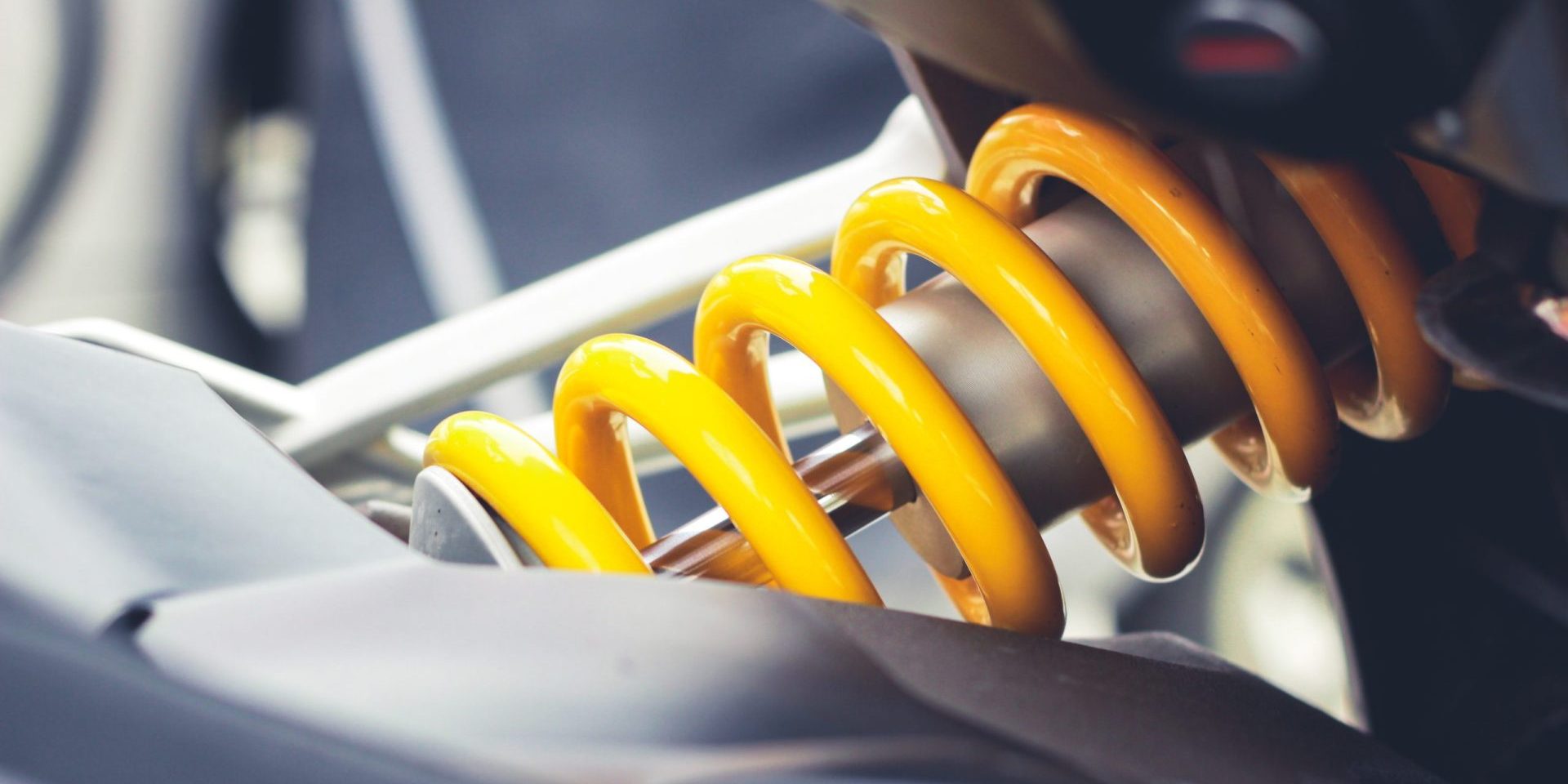
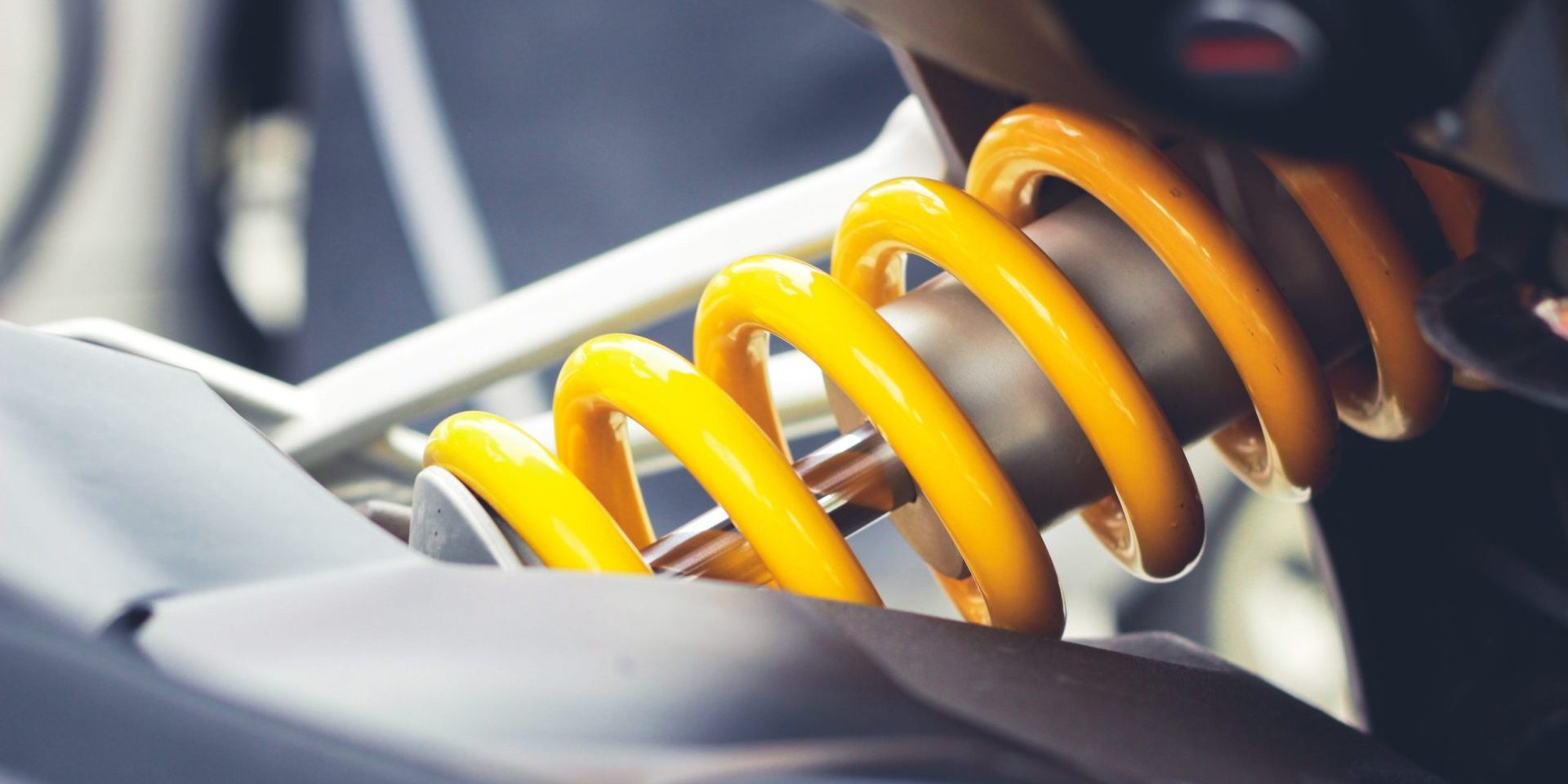
Lowering a car involves several cost factors that depend on multiple variables. These factors include the type of car, the desired lowering method, and the parts required for installation.
Cost Factors for Lowering a Vehicle
Type of Car:
The type of vehicle plays an important role in determining the overall cost of lowering it. For instance, lowering a luxury or sports car typically costs more due to their unique suspension systems and structures.
Lowering Method:
There are many ways to customize a car’s ride height, each with its own cost implications. The most common methods include coilover suspension kits and lowering springs setups that provide different levels of adjustability and performance enhancements.
Parts Required for Installation:
The cost of installing parts is another factor to consider when determining the total cost of lowering your car. Depending on whether you buy new or used parts, this can vary widely.
It is important to research which options best meet your needs before making any purchasing decisions. This ensures maximum value while minimizing potential flaws or issues.
Our close friend John lowered his Honda Civic using coilover suspension kits, which brought both aesthetic appeal and enhanced driving experience at $1000 inclusive of all necessary parts and installation costs.
DIY Vs. Professional Installation
When it comes to lowering a car, individuals may be faced with the decision of DIY versus professional installation.
- DIY Installation: This option is cost-effective as it eliminates labor costs and allows for personal customization. However, it requires specific tools, technical skill and knowledge.
- Professional Installation: This option offers a warranty on the work, experience, and high-quality equipment. Nonetheless, this alternative can be costly.
- Time-Consuming: DIY installation often takes longer than professional installations because of lack of expertise and proper tools.
- Potential Damage: unskilled workmanship during DIY installation can lead to more damage and higher repair costs if done incorrectly.
- Assurance of Quality: There is an assurance of quality when working with a licensed mechanic compared to DIY installation.
- Certifications: Professional installations are usually conducted by mechanics certified in that area hence they come with thorough knowledge in the field
Moreover, choosing the right option depends on one’s budget, skill level, time frame and preference.
Pro Tip: Before making any decision between DIY Vs Professional installation consider your ability to handle such delicate work using their prior knowledge or seek expert advice about automobile maintenance works from acclaimed mechanics or enthusiasts.
Benefits of Lowering a Car
Lowering a car has various advantages that make it increasingly famous among vehicle enthusiasts. It enhances the car’s performance and appearance, makes it more aerodynamic, and improves handling, offering a unique driving experience.
- Improves car’s stability
- Gives a sporty appearance
- Reduces drag force and increases speed
- Makes entering and exiting easy
- Increases fuel efficiency
In addition to the above points, lowering can also help improve braking performance, providing better contact with the road. Moreover, it reduces body roll during corners since the lowered center of gravity results in less weight shift.
Pro Tip: Before lowering your car, ensure that proper research is done as some suspension components may need to be changed for optimal performance.
Potential Drawbacks of Lowering a Car
Lowering a car has its fair share of setbacks that are often overlooked by owners. These drawbacks can range from minor inconveniences to major problems that could compromise the safety and functionality of the vehicle.
- Reduced Ground Clearance: Lowering a car can cause ground clearance to be significantly reduced, putting vital components like oil pans and exhaust systems at risk of damage when encountering bumps or potholes on the road.
- Impact on Ride Quality: A lowered car may feel stiffer and rougher than before, leading to an uncomfortable ride experience for its passengers.
- Tire Wear: Lowering a car puts additional pressure on tires, leading to uneven wear and the need for premature replacements.
- Bumping into Speed Bumps or Driveways: A lower ride height may result in scraping against speed bumps or driveways, which can damage the underside of a vehicle.
- Handling and Stability Issues: Lower cars have a higher likelihood of experiencing handling issues such as oversteering due to their center-of-gravity becoming lower. The stability of a vehicle may also be compromised especially during wet weather conditions or high-speed maneuvers.
One issue not previously mentioned is the potential legal consequences. In many places around the world, it is illegal to lower your vehicle beyond certain extents.
If you’re considering lowering your car, there are some suggestions you can take into account:
- Research Thoroughly Before Modifying Your Vehicle: It’s important to research about every aspect of lowering your car before starting with any modifications. Consider talking to mechanics or experts in modifying cars as well as checking out forums dedicated to this topic online.
- Inquire With Experts: Before proceeding with any modifications, consult with professionals who have prior experience lowering vehicles. Ask questions regarding how the lowering will affect the car’s overall performance regarding safety, comfort, handling, and maintenance.
- Adjust other Components: Consider making adjustments to the car’s front and rear suspension systems if you’re planning to lower the ride height. This is essential for maintaining proper vehicle balance and an optimal ride quality.
Conclusion: Is Lowering a Car Worth the Cost?
Lowering a car can lead to improved handling and a sleeker appearance, but it comes with a price tag. The cost can vary depending on the type of car and how low you want it to be. However, the question arises, is lowering a car worth the expense?
Lowering a car has its advantages, such as a lowered center of gravity and improved aerodynamics. These benefits may enhance performance and fuel efficiency but may only be necessary for those who engage in racing. Additionally, the aesthetic appeal of having a lowered vehicle cannot be denied; it can make your ride look more high-end or aggressive.
It’s essential to keep in mind that lowering a vehicle will shorten its lifespan due to increased wear and tear on certain parts. Suspension components such as shocks and struts may need to be replaced more frequently than usual, which adds additional expenses.
Overall, deciding whether or not it’s worth the cost depends on personal preferences and priorities. Those who prioritize automotive aesthetics or spirited driving may find value in lowering their cars; others may prefer other modifications that enhance practicality or safety.
A friend recently spent over $1,000 lowering his sports car by two inches using coilovers and sway bars. While he appreciated the improvement in handling during spirited driving sessions, he ultimately felt that the total cost wasn’t worth it, considering he could have spent that same amount of money on other worthwhile upgrades.
How much does it cost to lower a car? – Frequently Asked Questions
1. How much does it typically cost to lower a car?
The cost of lowering a car can vary based on the make and model of the car, as well as the specific type of lowering kit being used. On average, lowering a car can cost anywhere from $500 to $1500.
2. What is included in the cost of lowering a car?
The cost can include the lowering kit, installation fees, and potentially other parts that may need to be replaced such as shocks or struts.
3. Can I install a lowering kit myself to save money?
While it is possible to install a lowering kit yourself, it is recommended to have it done by a professional to ensure that it is done correctly and safely. Improper installation of a lowering kit can result in costly and dangerous damage to your vehicle.
4. Is lowering a car worth the cost?
This ultimately depends on personal preference and overall goals for the car. Lowering a car can improve handling and overall appearance, but it can also come with some downsides such as decreased ride comfort and increased risk of scraping the undercarriage on speed bumps or other obstacles.
5. Will lowering my car affect my insurance premiums?
Lowering your car is considered a modification, which can potentially affect your insurance rates. It is recommended to check with your insurance provider to see how lowering your car may impact your premiums.
6. Are there any safety concerns associated with lowering a car?
Lowering a car can potentially impact the vehicle’s suspension system, which can affect handling and safety. It is important to make sure to only use trusted and reliable parts, and to have the installation completed by a professional to minimize any safety risks.




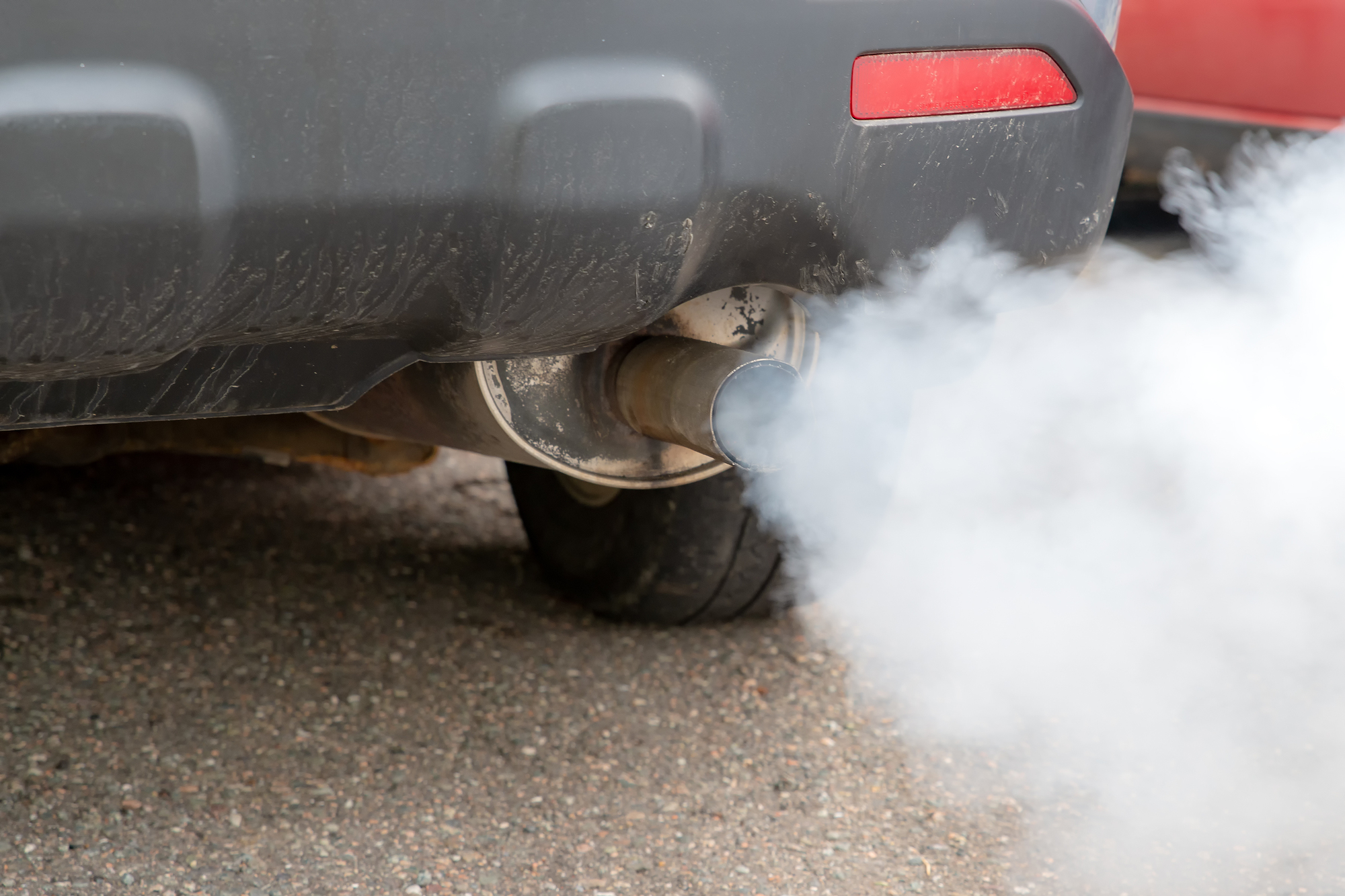


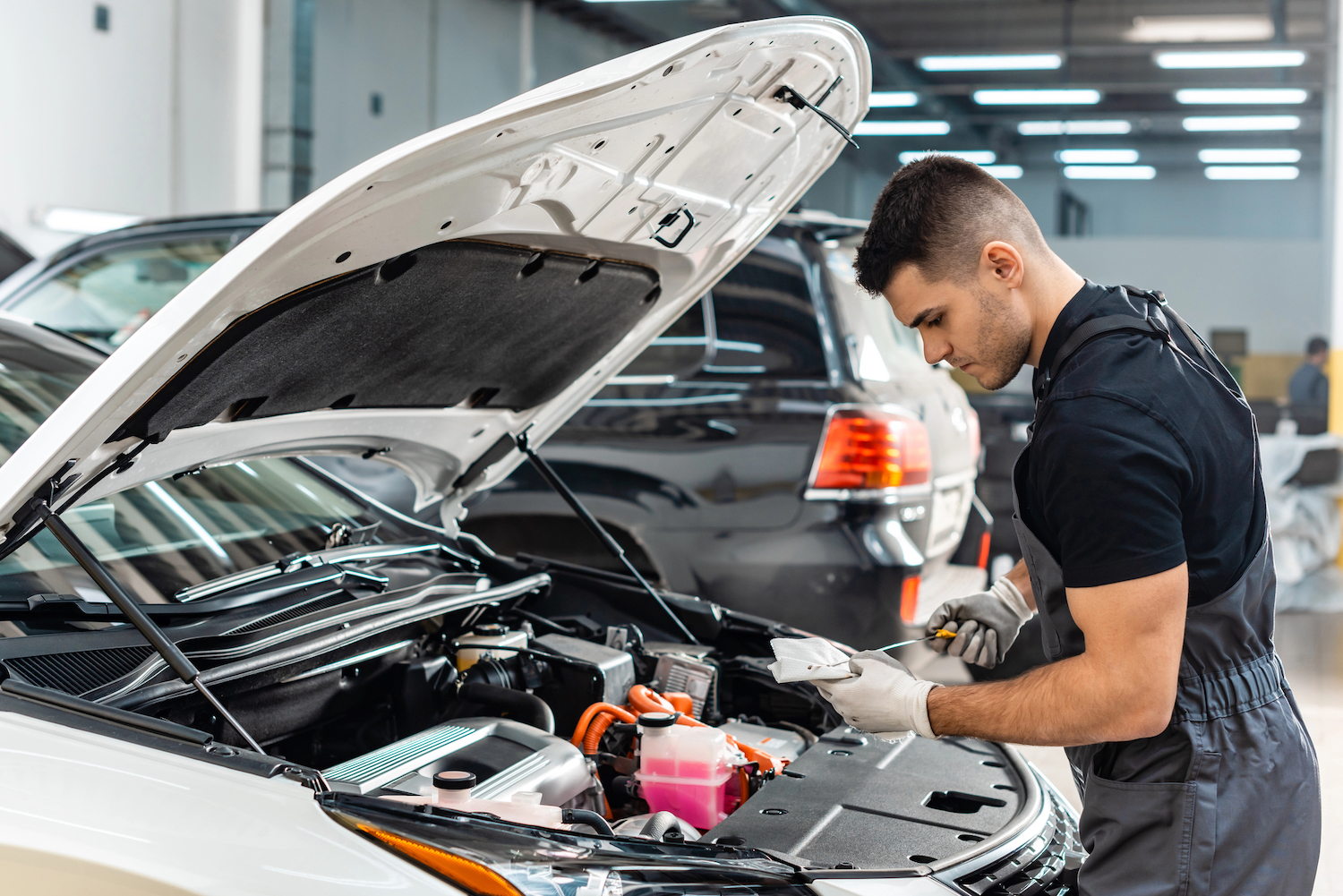
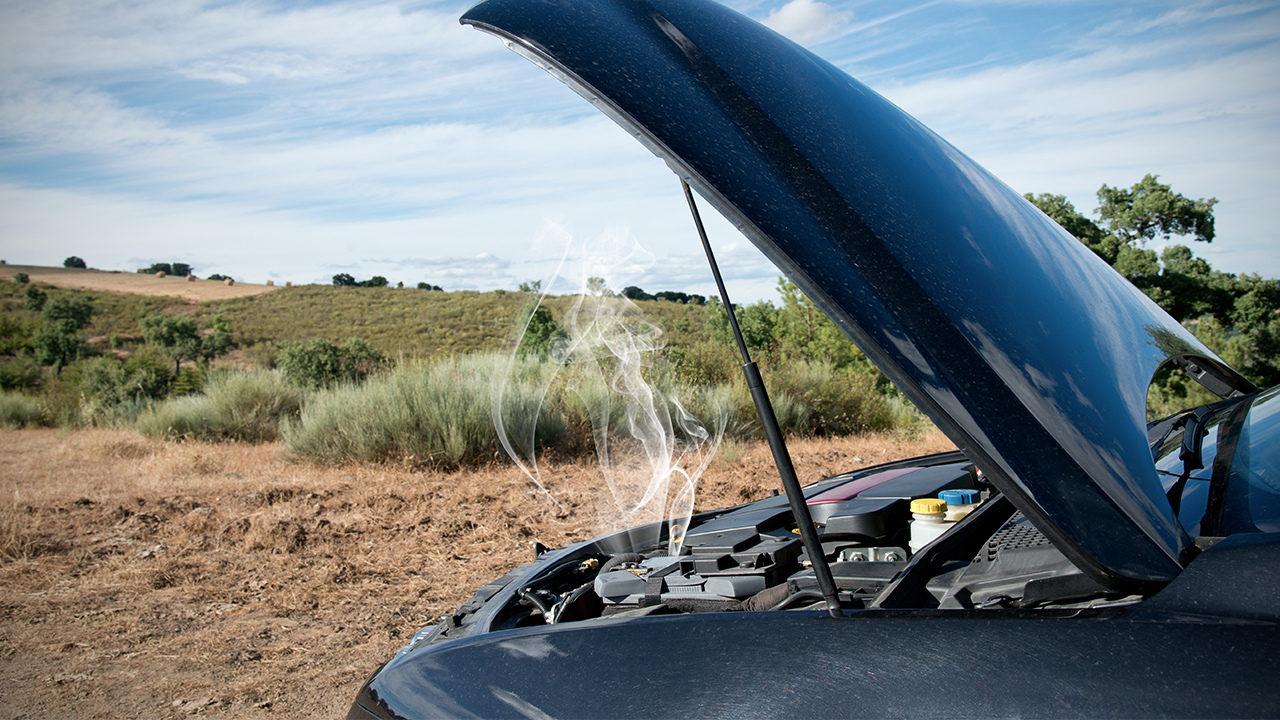

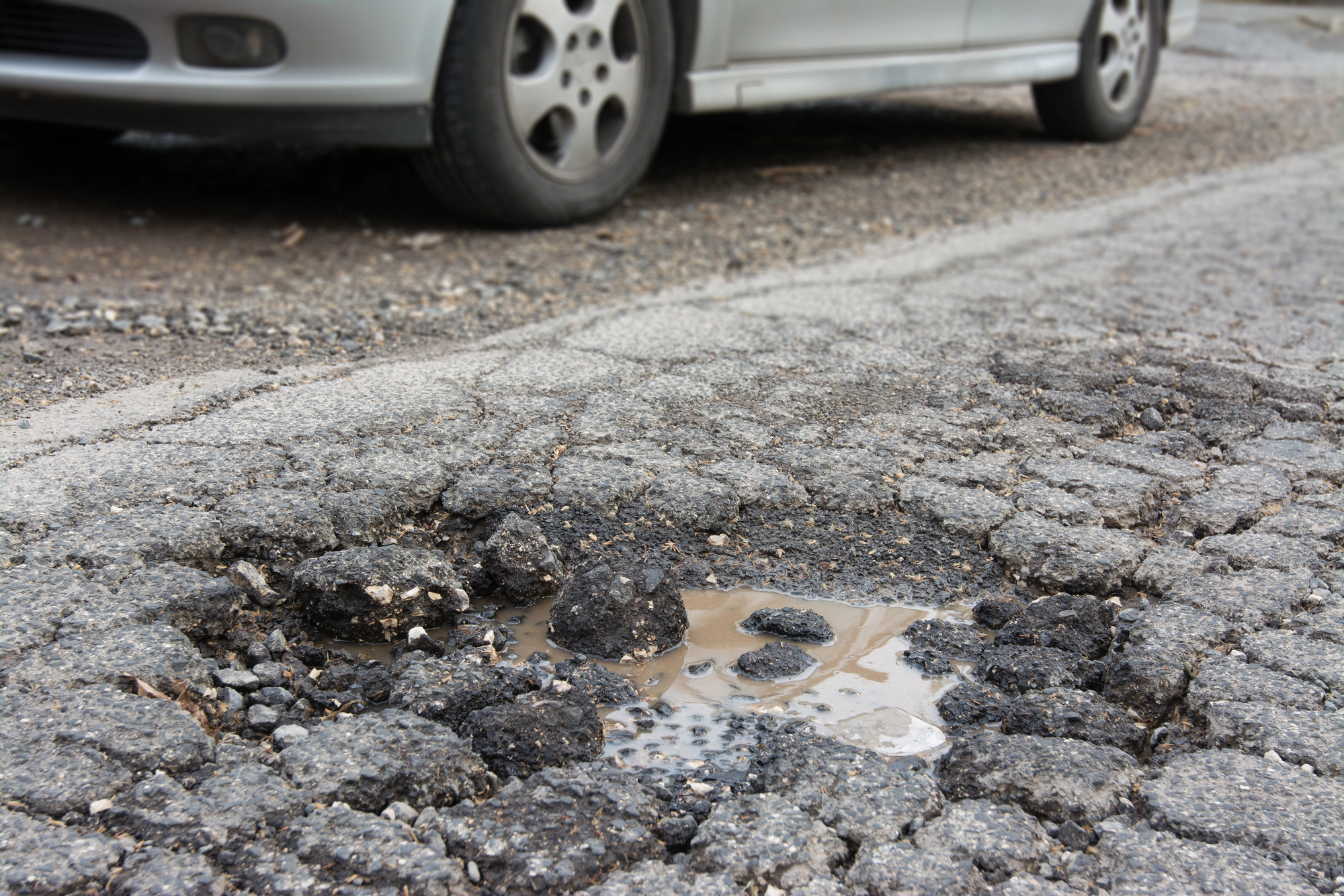
[…] Q: How much does a car alignment cost? […]